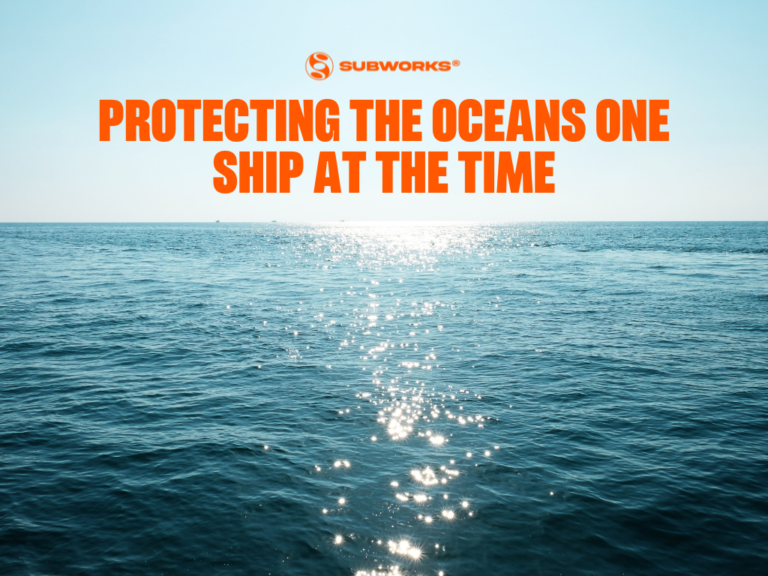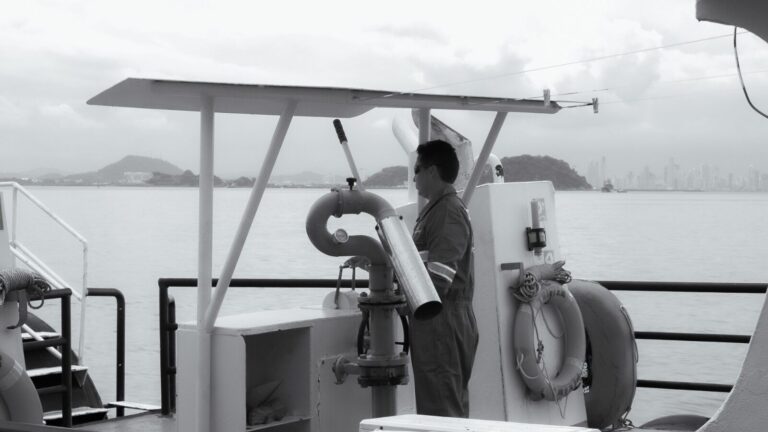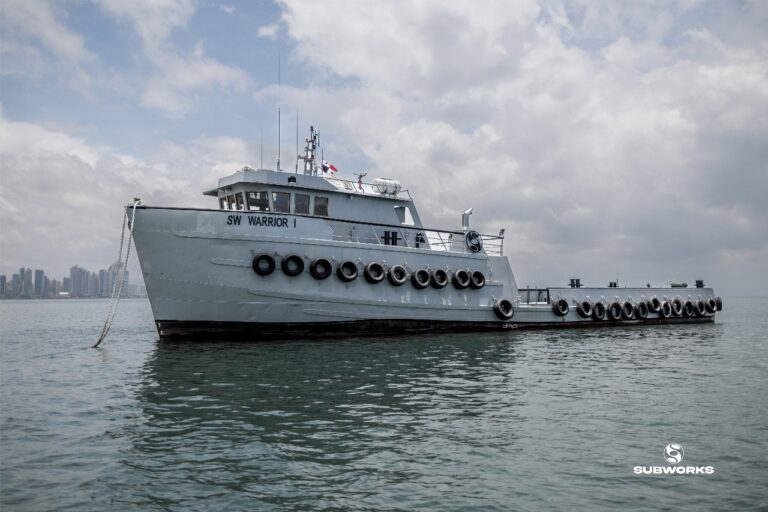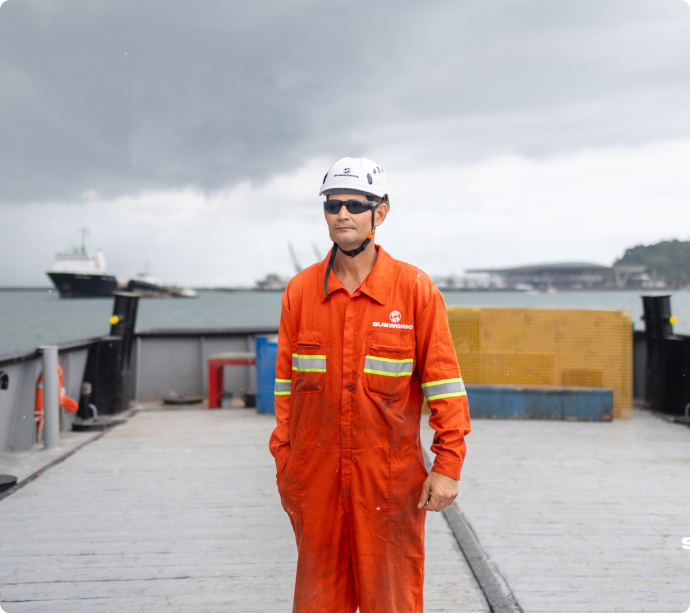Marine waste collection is an essential task for preserving the health of our oceans and marine life. However, this activity is not without challenges that require effective solutions to ensure safe, efficient, and environmentally responsible operations.
Here at Subworks, we consider that one of the most significant challenges in marine waste collection is preventing spills during operations. The presence of contaminating substances such as oily waters, sludge, and chemicals increases the risk of pollution in case of accidents. The key solution to this challenge is to maintain strict control over the condition of all connections, hoses, and equipment used in collection. This is achieved through regular inspections, preventive maintenance, and the implementation of certified quality standards. Additionally, ongoing training of personnel in safe waste handling and rapid response to potential spills is crucial in mitigating these risks.
Effective communication between the crew and the barge also plays a crucial role in spill prevention. Establishing clear communication and coordination protocols ensures that all team members are aware of safety procedures, emergency measures, and their individual responsibilities during operations.

In addition to maintaining a safe and well-coordinated work environment, specialized training and familiarization with equipment and procedures are essential to minimize risks. Everyone involved in marine waste collection should receive training in safe waste handling techniques, proper use of personal protective equipment, and emergency response procedures. Previous experience in similar operations also provides valuable knowledge that enables anticipation and effective management of risk situations during collection operations.
Furthermore, the use of tools such as safety checklists provides a structured framework to ensure that all necessary steps and procedures are followed before, during, and after waste collection. These checklists detail specific tasks, safety checks, and quality verifications that must be carried out to minimize spill risks and ensure compliance with environmental regulations.
In conclusion, marine waste collection presents significant challenges that can be effectively addressed through a comprehensive approach including preventive maintenance, effective communication, specialized training, and the use of quality control tools such as safety checklists. By diligently and committedly implementing these solutions, we can ensure safe, efficient, and environmentally respectful marine waste collection operations, contributing to the preservation and protection of our oceans and marine resources for future generations.





